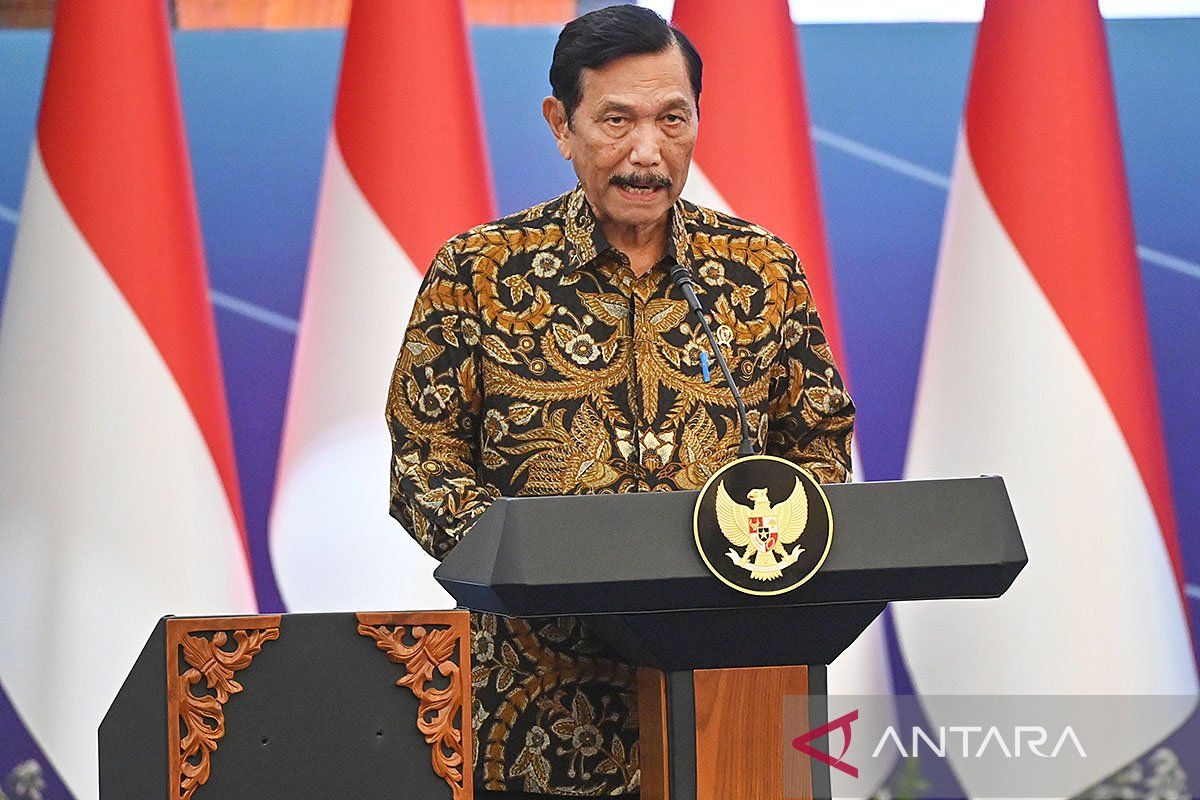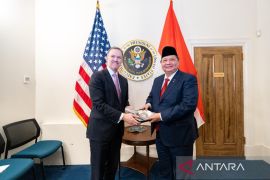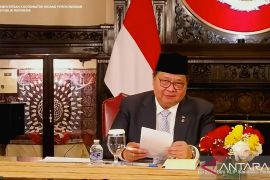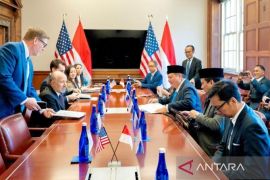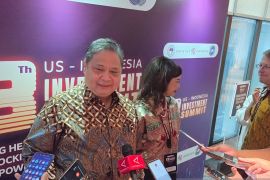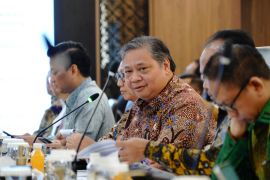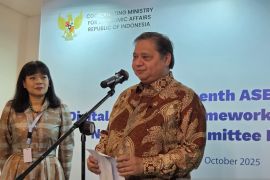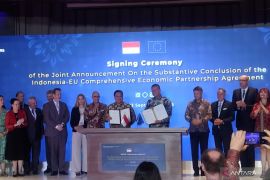"The government will prepare policies to support sectors impacted by the US tariffs, particularly labor-intensive industries," said Chairperson of the National Economic Council (DEN), Luhut Binsar Pandjaitan, during a discussion in Jakarta on Tuesday.
According to data from the Institute for Development of Economics and Finance (Indef), several Indonesian export products are expected to be affected by the policy, including textiles, garments, footwear, and palm oil.
Indonesia has prepared a proposal to negotiate the tariffs with the US, and a delegation is scheduled to meet with US officials on April 17 to discuss the 32-percent tariff imposed on Indonesian goods. Informal talks with US counterparts have also been underway.
"We are pleased that business associations have provided concrete input," Luhut added.
One of Indonesia’s key policy responses is deregulation, aimed at reducing economic inefficiencies and improving the global competitiveness of Indonesian products.
This strategy, he noted, has been approved by President Prabowo Subianto and is supported by the government's counter-cyclical measures designed to soften the domestic impact of global trade tensions.
Through deregulation, Indonesia also hopes to accelerate the conclusion of the Indonesia–European Union Comprehensive Economic Partnership Agreement (IEU-CEPA), which would open greater access to European markets.
The policy is also expected to support broader market access for Indonesian products in the US, China, and BRICS countries.
"I believe we can manage the impact of the 32 percent tariff imposed by the US," Luhut stated.
On April 2, US President Donald Trump announced new reciprocal tariffs on several countries, including Indonesia, and introduced a 10-percent universal baseline tariff on all imports.
Related news: Indonesian minister sees opportunity in US tariff shift
Related news: Trump's tariffs cause global economic anxiety: Prabowo
Translator: M Baqir, Raka Adji
Editor: Anton Santoso
Copyright © ANTARA 2025
